Burning fossil fuels does a lot more than warm up the earth. The impact of airborne nitrogen released from the burning of fossil fuels and widespread use of fertilizers in agriculture is much greater than previously recognized, according to research results published in this week’s issue of the journal Science.
It extends even to remote alpine lakes.
Examining nitrogen deposition in alpine and subalpine lakes in Colorado, Sweden and Norway, James Elser, a limnologist at Arizona State University (ASU) and colleagues found that, on average, nitrogen levels in the lakes were high, even in those lakes far from urban and agricultural centers.
The paper, “Shifts in lake N:P stoichiometry and nutrient limitation driven by atmospheric nitrogen deposition,” presents experimental data from more than 90 lakes.
The results also show that nitrogen-rich air pollution has already altered the lakes’ fundamental ecology.
“These findings reveal that nitrogen enrichment of the atmosphere, caused by humans, is altering global patterns of lake chemistry and productivity in ways likely to impact the structure and functioning of these ecosystems,” says Alan Tessier, program director in the National Science Foundation (NSF)’s division of environmental biology, which funded the research.
Plant plankton or phytoplankton, like all plants, need nitrogen and phosphorus for growth. “Inputs from pollution in the atmosphere appear to shift the supplies of nitrogen relative to other elements, like phosphorus,” says Elser.
The increase in the availability of nitrogen means that phytoplankton growing in lakes with high nitrogen deposition are now limited by how much phosphorus they can acquire.
“And phosphorus-limited phytoplankton are a poor food source,” says Elser. “They’re basically ‘junk food’ for zooplankton, which in turn are food for fish.
“Such a shift could potentially affect biodiversity. However, we don’t know the extent because, unlike in land-based ecosystems, the impacts of nitrogen deposition on aquatic systems have not been widely studied.”
Elser’s collaborators include researchers Tom Andersen and Dag Hessen from the University of Oslo; Jill Baron of the United States Geological Survey and Natural Resource Ecology Laboratory at Colorado State University; Ann-Kristin Bergström and Mats Jansson with UmeÃ¥ University, Sweden; Koren Nydick of the Mountain Studies Institute in Colorado; and Marcia Kyle and Laura Steger at ASU.
By combining studies from several researchers, Elser says, “we were able to achieve a more global picture of how nitrogen is affecting a range of lakes, and come to firmer conclusions about the effects of its deposition.”
Elser and Hessen hope to expand on these findings. In addition, Elser hopes to perform similar studies in China “where atmospheric nitrogen pollution is extremely high,” he says, “but is as yet unstudied.”
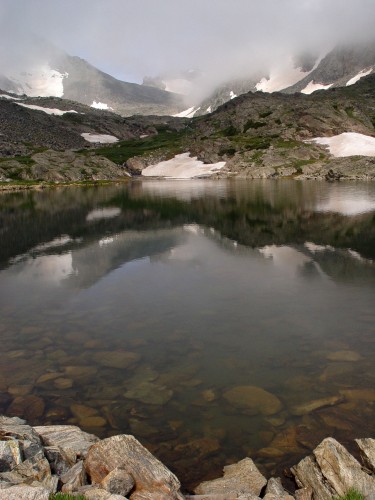
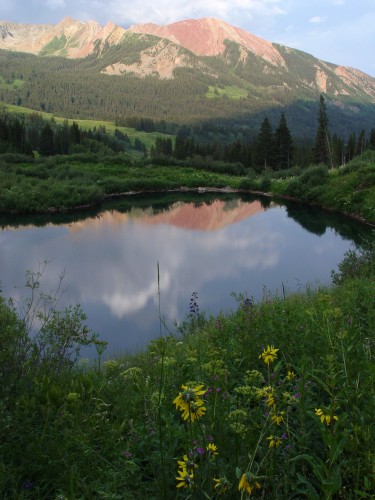
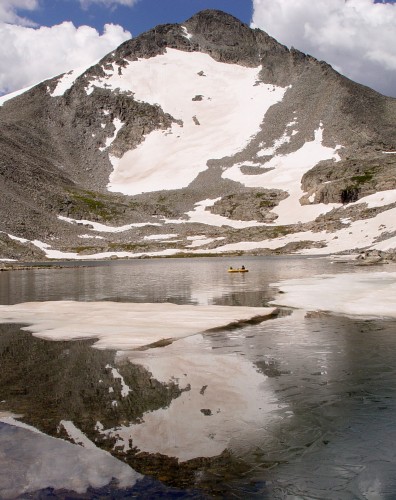
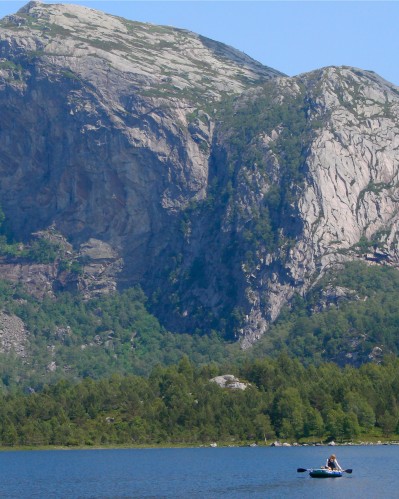
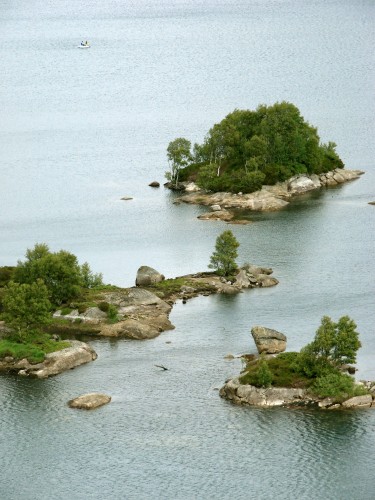
..]one another useful source of information on this issueis ,www.blog.thesietch.org,..]